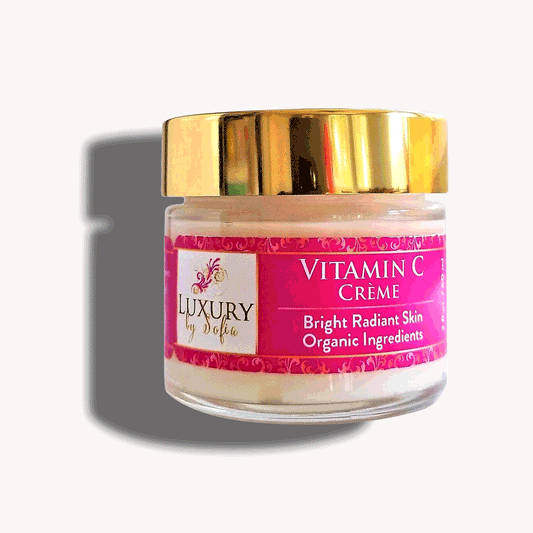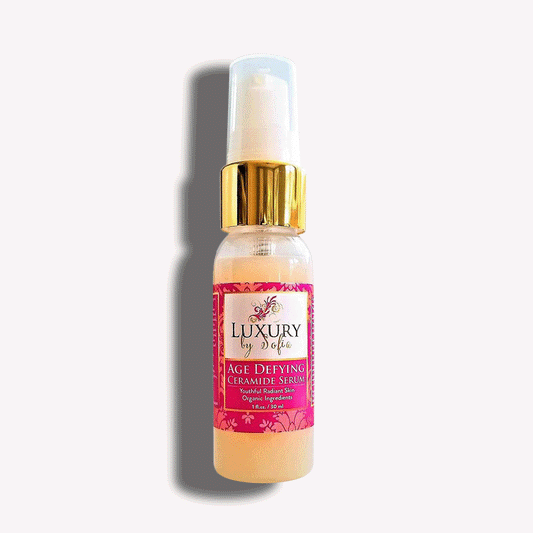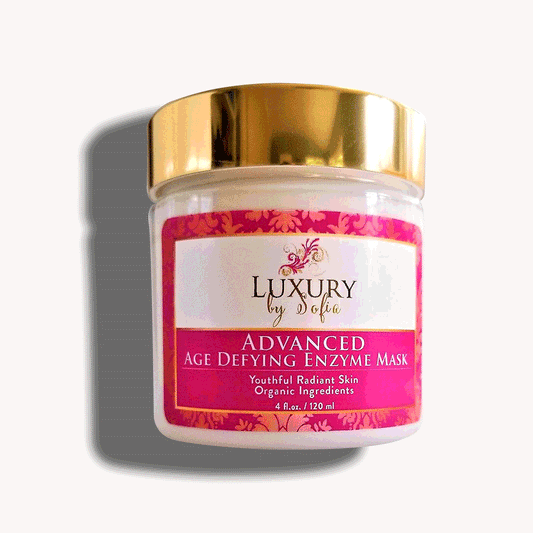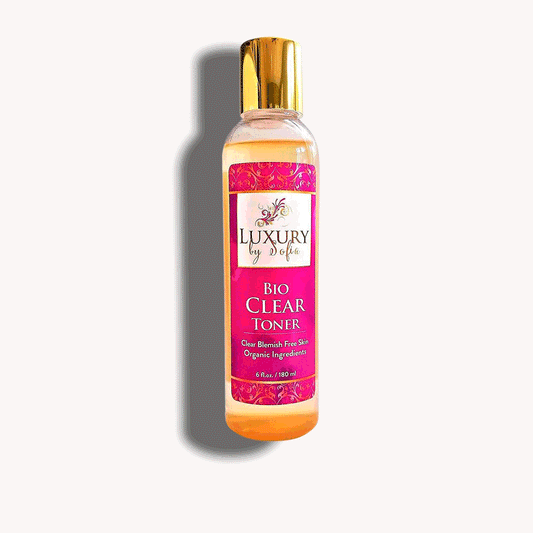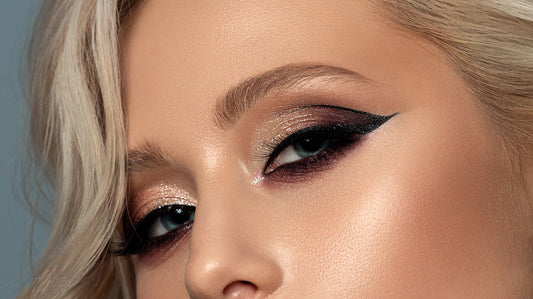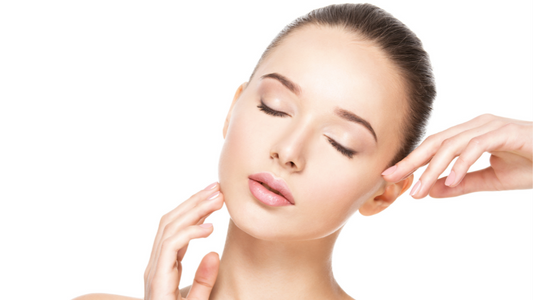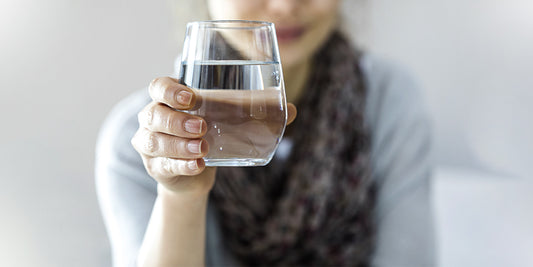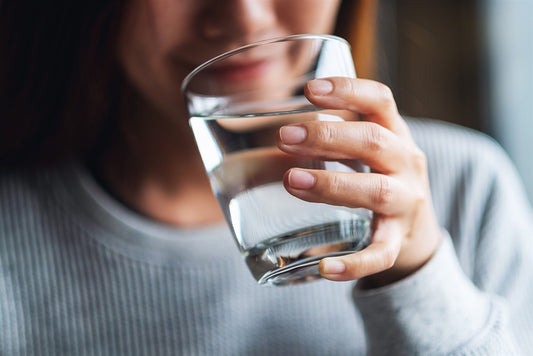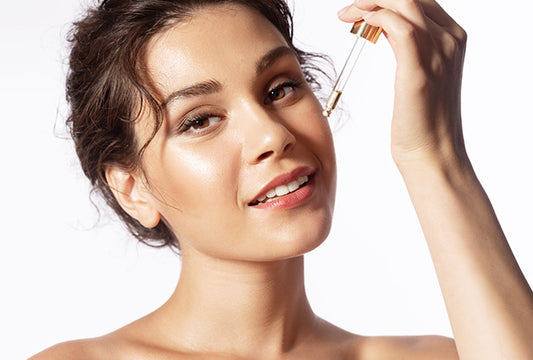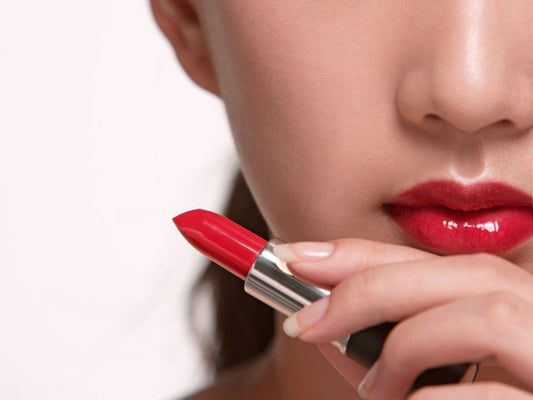Every woman’s skin ages differently.

Primarily determined by genetics, your skin produces less collagen and sebum resulting in a loss of volume and dryness as time goes by. Other factors affect the aging process as well, from the environment, lifestyle habits, diet and fitness routines. Understanding your skin’s needs when you are in different stages of life will help you formulate a more effective anti-aging skincare plan and give your skin the best chance at maintaining its beautiful youthful glow.
20s: Build Healthy Skincare & Lifestyle Habits
Set your skin up for success by forming beneficial skincare and lifestyle habits at an early age. Skin damage is cumulative so even if you do not see visible signs of aging at this stage of life, you will experience them later on so prevention is key. Protecting your skin against sun damage, stress, lack of sleep and poor lifestyle habits is key when you are in your 20s.
Build A Good Skincare Routine
"The biggest skincare concern I hear in [patients] in their 20s is slight dullness and generally looking more tired. This tends to occur in the mid to late 20s," says dermatologist Dr Caroline Robinson.
Build a good skincare routine with essentials including a cleanser, exfoliator, moisturizer and sun protector. If you find your skin looking dull from all the late nights you pull, consider using skin-brightening ingredients like Vitamin C to give your complexion a little boost.
When you are in your late 20s, you may want to switch to a thicker moisturizer or add anti-aging skincare ingredients into your skincare regimen to counteract early signs of aging. Read Anti-Aging Skincare Ingredients You Need On Your Radar to get familiarized with key age defying ingredients.
Manage Occasional Breakouts
Women may experience hormonal acne or breakouts caused by an allergic reaction to new beauty products. Have an acne spot treatment on standby to manage these occasional unexpected blemishes to help your skin bounce back quicker. Exfoliate regularly to clean out your pores which reduce the likelihood of an inflammatory skin episode.
Develop Healthy Lifestyle Habits
Good lifestyle habits will go a long way to maintain your overall health and skin radiance. Your skin holds less moisture as you age so it is important to drink adequate amounts of water every day no matter how busy life gets. Drinking sufficient water boosts circulation and ensures that your body is able to perform its essential functions well.
Use Sun Protection
Photoaging is caused by sun damage and can result in short-term effects like sunburn, itchiness and flaky skin, and also, long-term impacts like premature aging and an elevated risk of cancer. Use a sunscreen with at least SPF 30 broad spectrum protection daily, even when you are staying indoors.
30s: Fight Visible Early Signs of Aging
When you are in your 30s, your skin undergoes a transitional phase where it is completely post-puberty. You may start to show early signs of aging such as fine lines, loss of volume, pigmentations and duller complexion.
Build An Effective Anti-Aging Skincare Routine
If you have not gotten started on an anti-aging skincare routine, now is the time. Upgrade your moisturizer to one that has a richer texture formulated with a higher concentration of vitamins and age defying ingredients. Address hyperpigmentation with targeted serums containing melanin-inhibitors like Azelaic Acid or Alpha-Arbutin.
Dr Robinson says, "Antioxidants will help to repair some of the sun damage that has started to develop over the years - they brighten dull skin, and help to rejuvenate collagen.” Vitamin C is a powerful antioxidant that neutralizes the damaging effects of free radicals on your skin.
Read 5 Essential Anti-Aging Skincare Steps to help you get started on your anti-aging skincare routine.
Retinoid
An anti-aging skincare staple, Retinoid is a powerful time-reversing ingredient that stimulates cellular turnover. It exfoliates and boosts DNA repair which helps to erase sun damage, fade fine lines and wrinkles.
Notorious for triggering skin reactions, do a patch test before gradually introducing Retinoid into your anti-aging skincare routine to build up your skin’s tolerance. You may experience skin purging but if the breakouts persist, consult a doctor for advice.
40s: Upgrade Your Anti-Aging Skincare Defenses
This phase of life is when you will really see major changes to your skin’s firmness and will experience more pronounced wrinkles.
Power Up On Hydration & Treatment Serums
Your skin is more susceptible to dryness as it thins. Every skincare product in your daily regimen should boost hydration with moisturizing ingredients like Hyaluronic Acid and Glycerin. Invest in potent anti-aging skincare ingredients such as Peptide, Ceramide or Matrixyl 3000, which has been clinically proven to boost collagen production by 350%.
Laser Therapy
Depending on your skin concerns, you may want to complement your skincare routine with laser treatments. There are laser therapies designed to combat fine lines, sun spots or to boost collagen production which can help you achieve a firmer look.
50s: Adopt A Gentle Yet Effective Approach
Post-menopause, your skin may suffer from breakouts due to lower levels of estrogen and higher levels of androgen. Your skin is also thinner, less elastic and may experience a significant loss in volume and pronounced pigmentations.
Gentle Yet Effective Approach
Continue using your anti-aging skincare regimen with a few upgrades where necessary depending on your skin concerns. It is absolutely important to take a gentle approach to skincare now as your complexion is at its thinnest and weakest. Do not scrub your face harshly when cleansing it and avoid harsh physical scrubs. Use a milder milky cleanser that removes dirt and impurities without stripping your skin of its natural oils.
There is no standard aging timeline so your anti-aging skincare approach will depend greatly on your unique skin type and concerns. Prevention is better than cure so start your anti-aging regimen early before signs of aging start to set in.

